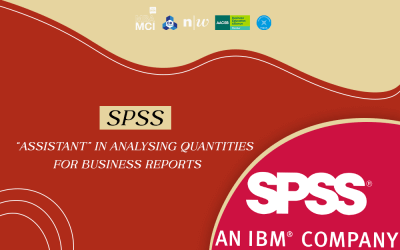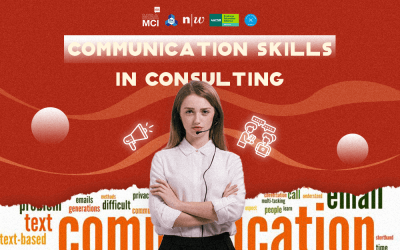This year’s presidential campaign has subjected us to the usual barrage of negative ads, divisive wedge issues, and minor misstatements amplified beyond all recognition. There’s a reason it’s such an insult to be accused of “playing politics.” But as a corporate strategy consultant who previously served in senior or advisory roles in the presidential campaign of Howard Dean and the Massachusetts gubernatorial campaigns of former U.S. Labor Secretary Robert Reich and current governor Deval Patrick, among others, I believe that executives can—and should—learn from electoral politics to position themselves for career success.
The point isn’t to become a Machiavellian power monger; manipulating or using others will only hurt you in the long run. But if you take the time to build authentic relationships, improve your work skills, and provide real value to others, it’s possible to succeed at office politics with integrity. You can model the behavior of the best politicians: Set clear goals, reach out to supporters, build and exercise influence, and then execute relentlessly to achieve your ambitions. In short, you can devise a campaign plan for your career.
Consider this year’s candidates, Barack Obama and Mitt Romney. They have the same overarching goal—victory on November 6—and they have worked backward on the calendar to achieve it. Almost as soon as the 2008 presidential race concluded, their campaign teams began to prepare for 2012, calculating expected turnout and estimating how many votes would be needed to win. Their teams also charted, month by month, the precise activities required to get there, down to the tiniest details: how many volunteers to recruit in each geographical area, how much money to raise, how many doorbells to ring, and so on.
You may hesitate to set and achieve your career goals that way. After all, the regular tasks of your job probably already consume all your time. And do you really need to be so calculating? Shouldn’t hard work speak for itself? But those sound like questions asked by a political incumbent who insists he doesn’t need a campaign strategy because voters already see his merits. Sadly, it just doesn’t work that way. As Linda Hill and Kent Lineback explain in Being the Boss: The 3 Imperatives for Becoming a Great Leader , organizations are inherently political entities, and anyone who ignores those dynamics becomes powerless. Success comes only when you identify what you want to achieve and map out a plan for getting there.
That’s what happened with Lenny Achan, who began his career as a nurse at New York’s Mount Sinai Medical Center, an organization that is a former client of mine. Nursing on the night shift, Lenny decided his goal was to become a senior health care executive. So he began to plan. “I started prewriting my résumés for the next five or 10 years, so in 2002 I had one for 2012,” he recalls. “I’d list the education I’d have attained, the committees and organizations I’d belong to, what I’d be doing in my free time. I put them all in writing to have a focal point to work toward.”
That exercise required Lenny to research, in detail, the skills and affiliations of the people he wanted to emulate and to identify the gaps between their experience and his. When he realized that top hospital executives need a strong finance background, he sought out an administrative position that allowed him to demonstrate profit-and-loss responsibility. “I could see the missing elements because I understood what the endgame was,” he says.
Lenny’s campaign plan helped to broaden his perspective. “It becomes about the long-term strategic view rather than short-term tactics,” he says. “It’s not about getting a promotion because I want more money in a year or two. Instead, it’s what will this look like 10 years out?” Today, at only 35, Lenny is Mount Sinai’s chief communications officer—a high-ranking position that would have been unimaginable to him a decade ago.
Choose Your Milestones
The first step in creating a career campaign plan is to identify your goal, even if it’s provisional. (I consulted for one politician who, more than a year in advance, plotted a run for Congress, just in case the incumbent stepped down. When he didn’t, my client switched to a new objective.) You can periodically update your plan—or create a new, prewritten résumé—to match your changing goals. For now, pick an end point and get started. You may be seeking a promotion to senior VP, a book deal, or a spot for your start-up in a prominent incubator.



